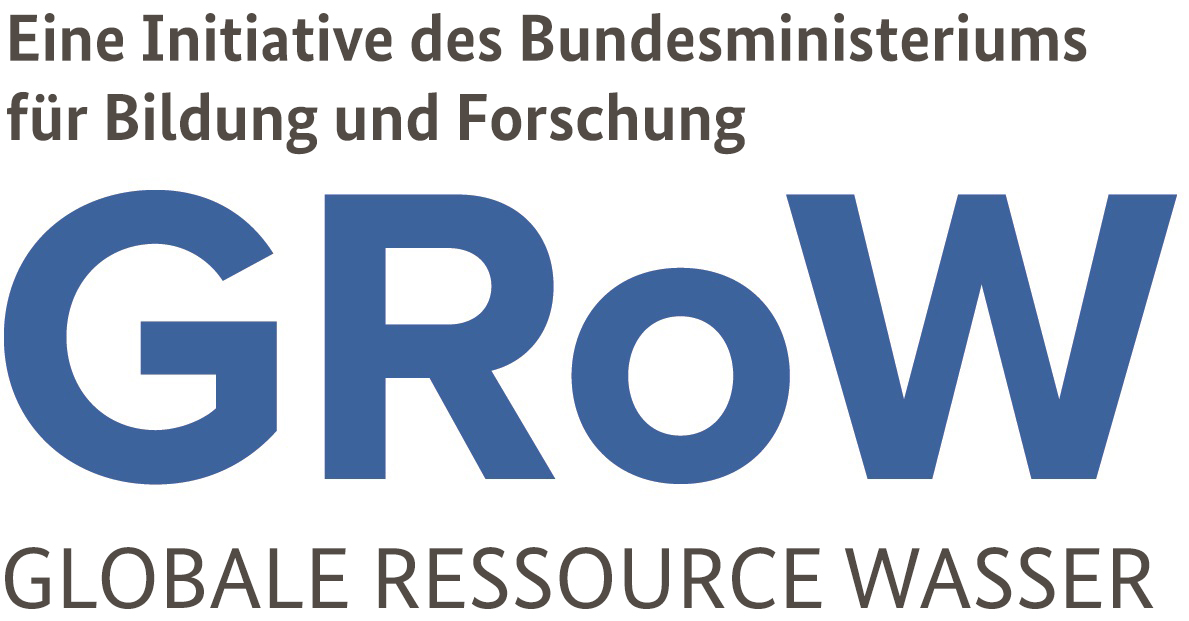Policy Briefs from six in-depth international case studies of the joint project STEER
| Date |
Date
|
The GRoW joint project STEER has published six Policy Briefs dealing with complex and cross-sectoral challenges of water governance in six different case studies. The authors present findings from Mongolia, Iran, South Africa, Southern Spain and Germany and translate them into recommendations for action.
The first Policy Brief deals with the impact of mining on water resources in Mongolia and looks at the theory and practice of different political instruments. The second Policy Brief focuses on Southern Spain and the region’s challenges with regard to river basin governance, especially in the coordination of competing water use claims. A third Policy Brief looks at the Zayandeh Rud, one of the most important rivers in Iran, which is suffering from severe water shortage. In their analysis, the authors emphasize the relevance of taking political and social causes of water scarcity into account to foster successful water cooperation and governance. The extent to which successful Integrated Water Resource Management (IWRM) also depends on coordination that goes beyond the state is shown in a fourth Policy Brief using the example of South Africa. The fifth and sixth Policy Brief deal with case studies from Germany. The authors address coordination and cooperation of water management, nature conservation and open space development in the Emscher restoration. The second team of authors highlight future paths to water protection by overcoming coordination gaps between water, energy and agriculture in the Weser-Ems region.
All six Policy Briefs are available in English, German and, depending on the case study, in the respective national language. They form part of a “Briefing Paper” series published by The German Development Institute (DIE) and can be downloaded here.
